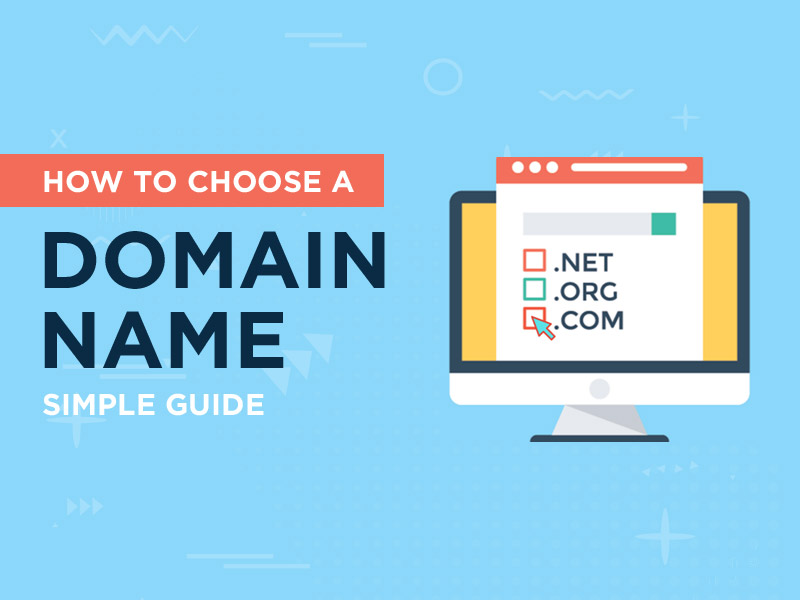
Most people who create their first website do not realize that the data for the website has to have a home where it is stored. This is where they will need to learn more about web hosting. Anyone wanting to own their own website needs to educate themselves on the variety of services for web hosting that exist. This article has a lot of suggestions on how to pick a web host.
Evaluate the types of sites that your web host offers. Most free hosting services offer only static web pages, meaning you won’t be able to script your own language. If you find yourself in need of a dynamic scripting page, you may need to find an affordable pay host instead.
Shared Hosting
How do you decide between shared hosting or dedicated hosting plans? If your website receives a great deal of traffic, shared hosting might cause problems. Therefore, you should probably search for dedicated hosts.
It goes without saying that you should avoid web hosts that have continual outages. Any web host which has many outages, or makes up lame excuses for their downtime, is not going to be reliable. If the host is frequently reporting downtime, move on.
Web Host
Before you go out looking for a new web host, make a list of the attributes that you are seeking. List the things you desire and the things you absolutely must have. Determine which web host matches most of these traits. Using a list like this can help you avoid bad decisions just based on a single factor, like price, and instead find what you need at a great deal.
Are you considering a free hosting provider? If you do choose a free web host, make sure all important files are backed up. Keep in mind that since they are free, these types of services normally do not offer extra features like backups. Therefore, if your data is lost and you do not have your own backups, there will be nothing you can do.
The web hosting service that you select must be one that will allow you the needed space to grow your site. While a single HTML page takes up almost no space at all, adding media like photos and videos will quickly eat up your available space. 100MB of space should be good enough to start, for most sites.
Web hosts will typically charge you on a per-traffic basis. Learn how your host bills customers. Some companies charge flat rates for service along a scale, wherein your site moves up a category as you pull in more traffic. Other hosts simply adjust your monthly rate depending upon how much traffic you experienced.
Hosting Service
Look for a hosting service that lets you have access to statistics and detailed information about your traffic. A good way to double-check the traffic numbers provided by your hosting service is to install a visitor counter on your landing page. You can benefit greatly from this information as a business owner, because it allows you to adjust your approach and tweak your site to maximize traffic.
If you want to save some money, try out a free host. This does mean, however, that ads will be appearing on your site, and also your storage space will be limited too. As you move towards a more professional site, you might want to avoid this value in web hosting.
Your web host should be the recipient of plenty of hosting awards. This information speaks volumes for the quality of the service and support you can expect to receive from the provider. Although it’s possible to fake awards, most web hosting awards are legitimate. Most awards are chosen by fan votes, so the awards give the service credibility. Consider web hosts that have won several awards from fans.
If your website needs email capabilities, ask web hosting providers about the email formats they allow. Ideally you should look for one that uses POP 3. These are linked directly to your domain, and are portable for access from any location on the Internet.
Consider other factors besides price. Make sure you look at all the different options and choices. Do not be swayed merely by a good price, as there is much to consider. Ensure that all your needs are met by the host that you choose.
Always review the safety and security features of the host you choose. It is essential that the service is secure enough to prevent hacking, and other threats to your information and the integrity of your site. The ideal host should continuously back up data on their servers.
Cheap web hosts are often more trouble than they’re worth. You get what you pay for with web hosting, so consider that when you’re making your choice. Either they do not understand business pricing well, or they will not end up providing the quality of service that you want for your website.
There are some hosts which will give you pro-rated refunds for down time. Normally, you only receive a dollar or less, but you may lose hundreds in revenue. Do not allow yourself to settle for frequent down times solely on the basis of refunds or rebates; instead, opt for a provider that avoids these down times altogether.
As you now know, those new to owning a website are often unclear on who can actually put their website online. Once you understand the various kinds of hosting services, it is not difficult to determine which one suits your circumstances best. Use the knowledge gained from this article to make an informed decision about which hosting service will best suit your needs.